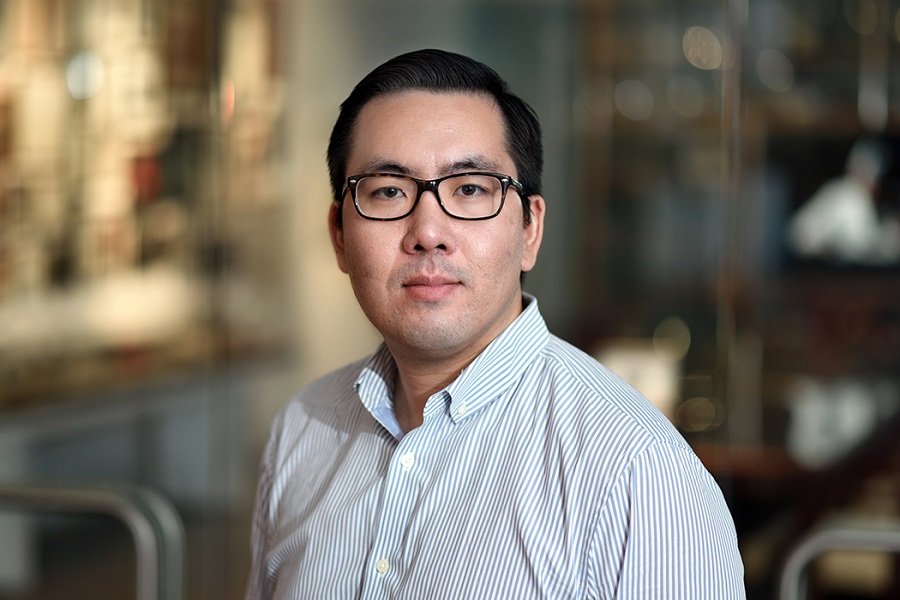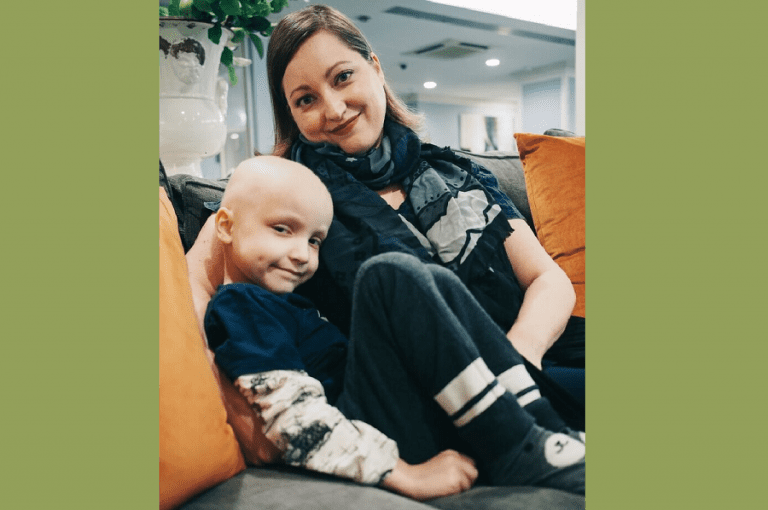Texas
Childhood brain tumors are the deadliest of all childhood cancers. They cause the most cancer-related deaths in children, and for patients with the most aggressive forms of this disease, there is currently no lifesaving therapy available.
Some may see this as one of the less hopeful areas of cancer research - but Stephen C. Mack, PhD, from Baylor College of Medicine and Texas Children’s Hospital doesn’t see it that way.
“I think this is where we can have the most impact,” Mack said. “There’s nothing we can offer these patients right now, there’s nothing we can recommend. This is why I come in to work every day and continue to keep researching treatments in the lab that we can evaluate in clinical trials.”
Mack is a recipient of a Children’s Cancer Research Fund’s Emerging Scientist Award, which supports his investigation into a new way of looking at the DNA of deadly brain tumors, with the hopes that a drug can be developed to target cancerous cells. He says that for brain tumors especially, current treatments for kids are often just modified versions of adult treatments. In the world of cancer, kids can’t be treated like “little adults,” especially when the kinds of tumors they have don’t behave the same way and the biology is completely different.
Mack’s research looks at the epigenetic basis of pediatric brain tumors, meaning that rather than looking for mutations in genes that cause tumors, his team is looking at how the DNA is regulated by proteins. He believes that with a better understanding of these tumors, researchers may be able to create a drug or an immunotherapy treatment that can target tumor cells and kill them.
“If you think about studying cancer like reading a book, what some researchers do is search for errors in the text, like typos,” Mack said. “These kinds of tumors are different, so our approach has to be different, too. What my team is trying to do is more like changing the ‘font’. We need to learn more about what regulates this ‘font’ to devise new therapies.”
The grants that make this kind of research possible are more important than ever, especially because brain tumor patients don’t have time on their side. Childhood cancer research, particularly for rare cancers like brain tumors, rarely receives enough funding. For promising researchers who are still early in their careers, the Emerging Scientist Award can be just what they need to get a good idea off the ground. Breakthrough solutions start in labs like Mack’s, where scientists are laying the foundations for treatments and cures of the future.
“We’ve been interested in this tumor for a while, but we didn’t have the funding to get started,” Mack said. “This grant enables us to establish and expand this arm of our research lab and work toward lifesaving clinical trials. Without the support we received, we couldn’t be doing this important work.”
The Emerging Scientist Award from Children’s Cancer Research Fund is a $100,000 grant designed to develop the independent research of highly qualified individuals still early in their careers. Learn more about how your support advances new research and leads to better treatments for kids battling cancer.
Support Emerging Scientists
By donating to Children's Cancer Research Fund, you're giving emerging scientists the support they need to put their great ideas into practice.




